Amid the devastation of Aleppo's past and present, Syrians reflect on the harrowing legacy of war, the loss of lives, and the hope for a better future.
Standing on a road surrounded by wrecked buildings on a cold, sunny day, Ahmed is pensive, stirred by the harrowing memories from this point eight years ago.
“Eight years ago, I was besieged in the city of Aleppo,” he explains. “Evacuations had stalled many times after a fragile ceasefire … The buses were late for four days.”
They were stuck there without access to food or water, evading the incoming attacks struck by Bashar al-Assad’s campaign, which was backed by Russia and Iran.
In the 13 years of the bloody civil war in Syria, tens of thousands of people disappeared, hundreds of thousands of people were killed, and millions of Syrians became refugees across the world.
Meanwhile, various armed groups backed as proxy forces against the Russia-Iran influence gained authority across the country’s north.
Rebels held the east and south of Aleppo city in 2016 when al-Assad’s forces made a critical gain here through a military offensive backed by a Russian naval fleet to capture the entire city centre of Syria’s most populous governorate and an important commercial and cultural hub.
“By the time pro-government forces recaptured Aleppo city a month later, all hospitals had been bombed out of service by Syrian and/or Russian air forces,” the United Nations Human Rights Council said in a statement.
“Repeated bombardments of hospitals, schools, and markets without any warnings strongly suggest that the encirclement of the city and targeting of civilian infrastructure were part of a meticulous strategy to compel surrender,” Paulo Sérgio Pinheiro, head of the UN Commission of Inquiry on Syria, said.
Meanwhile, the rebels were also striking the western part, also causing civilian deaths. “The siege of eastern Aleppo city was characterised by some of the most serious violations of international law the Commission has documented, which were committed by all warring parties,” Pinheiro said in March 2017.
The most destructive period of the war in Aleppo lasted from 2012, a year after the protests turned into a war, until al-Assad’s forces captured it in 2016 and ruled it until the fall of Damascus, the capital, recently.
On 30 November, a lightning military operation led by the Idlib-based militant group Hayal Tahrir Al-Sham and joined by the Turkey-backed Free Syrian Army arrived in Aleppo. On 8 December, the groups arrived in Damascus, where Al-Assad was residing and fled to Russia on that day.
Monumental changes for a country that has been under the dynasty of Bashar al-Assad and his father, Hafez al-Assad, since the 1970s and that has endured one of the deadliest conflicts in recent history with the world watching.
Walking through the rubbled streets, Ahmed is full of emotions years later. Remembering his friends who were killed here, he says: “This is the legacy they have left.”
There are still old projectiles by the sidewalk, people living in and around heavily damaged buildings, and piles of rubble on the main roads and the back streets.
It’s a school day, but dozens of children, many of them without winter gear, are waiting impatiently in line for food distribution at the exact same point that used to be the frontline between the al-Assad forces and the rebels until the evacuation.
Ahmed, 33, who has been living in Azaz in the northern part of Aleppo province since forcibly leaving his home, says it’s the first time he’s come back here and seen the level of destruction.
It’s a turning point, and he says he wishes for it to lead to “a Syria for Syrian people”.
27-year-old Omar, who watches the new period unfold from his living room, which no longer has an outer wall, says the war has impacted his psychology deeply, but looking ahead, he is hopeful.
Omar lived in Lebanon for five years after the war broke out, and he returned with his family because the conditions were very harsh for a refugee working as a stone smith. However, despite the challenges, “there’s no place like my homeland,” he says,
While the civil war is giving way to a post-Al-Assad period, the fight between the FSA and the Kurdish militia holding positions east of the Euphrates River continues at various points.
The Tishreen Dam on the Euphrates has been damaged, and two water stations were suspended, the United Nations has announced, in the fights between the US-backed Kurdish Syrian Democratic Forces and the Turkey-backed Syrian National Army (FSA) forces in the past weeks.
For Aleppo’s over two million residents, it means they are left without water. And if the dam is further damaged, the UN Office for the Coordination of Humanitarian Affairs warns some 40 villages could be flooded.
“Electricity is only available for a few hours in the night,” Sima, a 19-year-old computer engineering student from Aleppo, says. “We are suffering because we don’t have water, electricity or proper internet.”
When she was seven, she stopped going to school for three years because of the war. Now, she’s back in school but is pessimistic about possibility to find a job once she graduates.
“I can speak English and I study engineering, but I won’t be able to find a job,” she says. To be able to enjoy the victory over the former government, she adds that daily life needs have to be met.
In Aleppo, schools have reopened, and Christians, who point to happiness over the ending of a conflict but remain cautious over HTS, have attended regular Sunday services.
Haroutioun Simonian, at the Catholic Latin Church in Aleppo, is coordinating the food distribution inside a yard for residents in need, and underlines they are “still living in a survival mode.”
“It’s a big change for us,” he says. “They guaranteed us our freedoms - freedom of faith, of expression, but we don’t know until when or how. There is no law yet. There is no proper government… We will see.”
As a man dances atop a camel, surrounded by a joyful crowd, right nearby, on the entrance of the medieval Aleppo Citadel, the new Syrian flag with three red stars and a green stripe is hung.
With drums rolling and nationalist slogans chanted, a celebration is in the making.
But for residents of Aleppo and Syria alike, there are significant challenges ahead.
Some 90% of Syrians are living under the poverty line, according to various international organisations, including the UN.
Meanwhile, more than six million people have been internally displaced, and just as many have become refugees across the world through the war.
Ties with the Kurdish militia holding the northeast of the country and some neighbourhoods in Aleppo, whether HTS, a group widely acknowledged as a terror organization with past ties to al-Qaeda and its Syrian offshoot Jabhat Al-Nusra, will form an inclusive government and a civil constitution respectful of individual freedoms, Israel’s land expansion, and rebuilding Syria’s poor, damaged infrastructure, education system and human rights records among other big topics.
“We have a lot to do,” Ahmed acknowledges. “We need everyone to rebuild Syria.”
HTS did not respond to Euronews' requests for comment.

 4 days ago
4
4 days ago
4
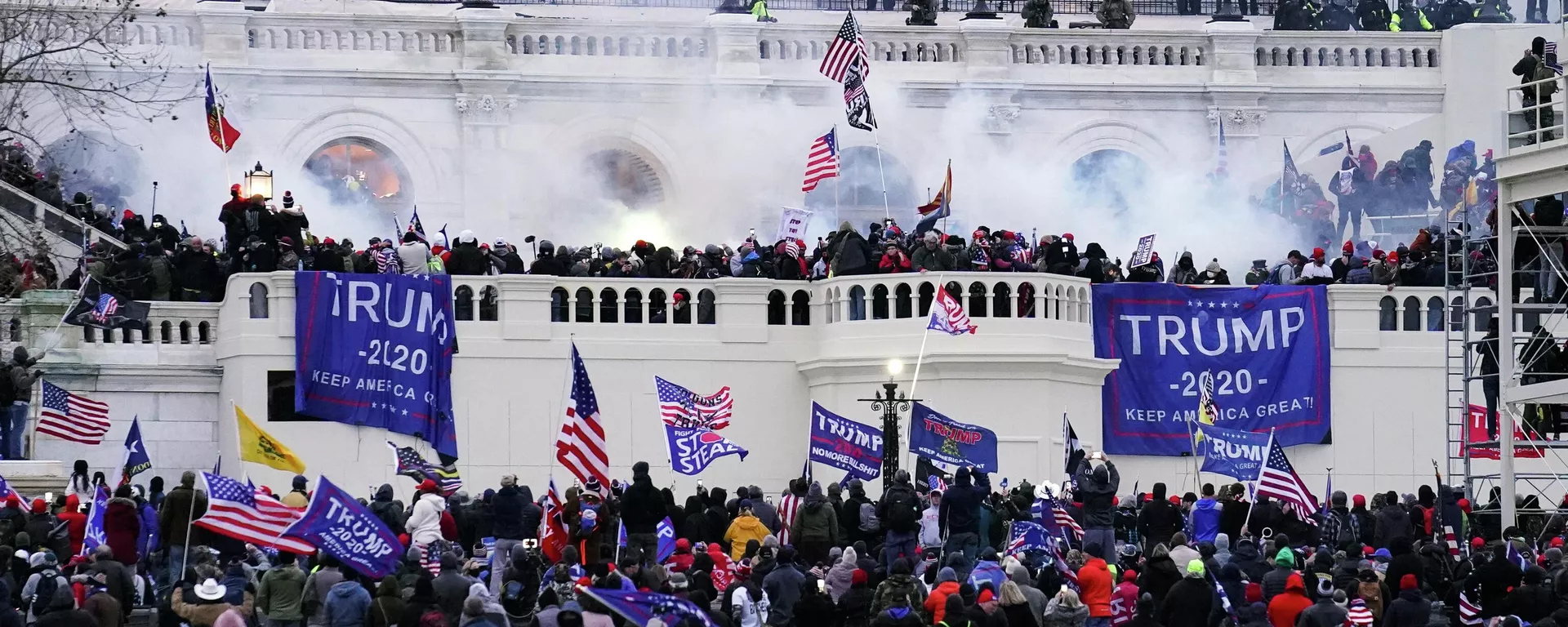
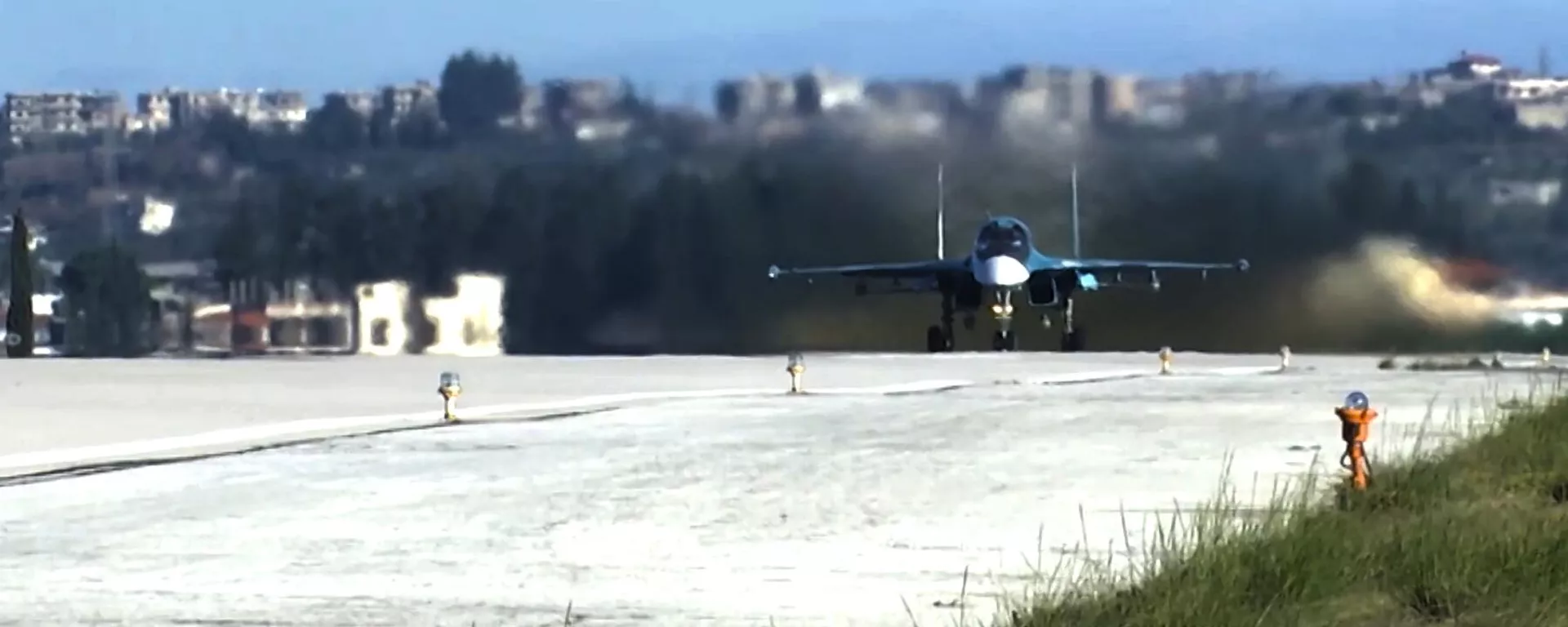
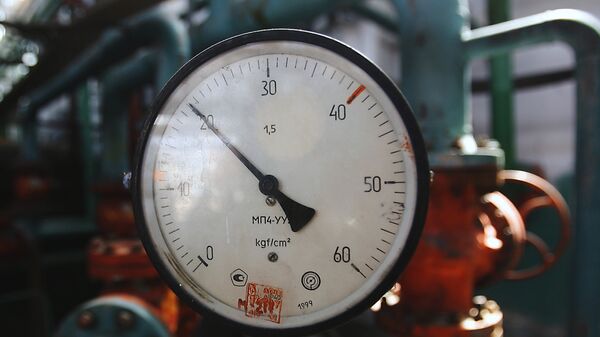

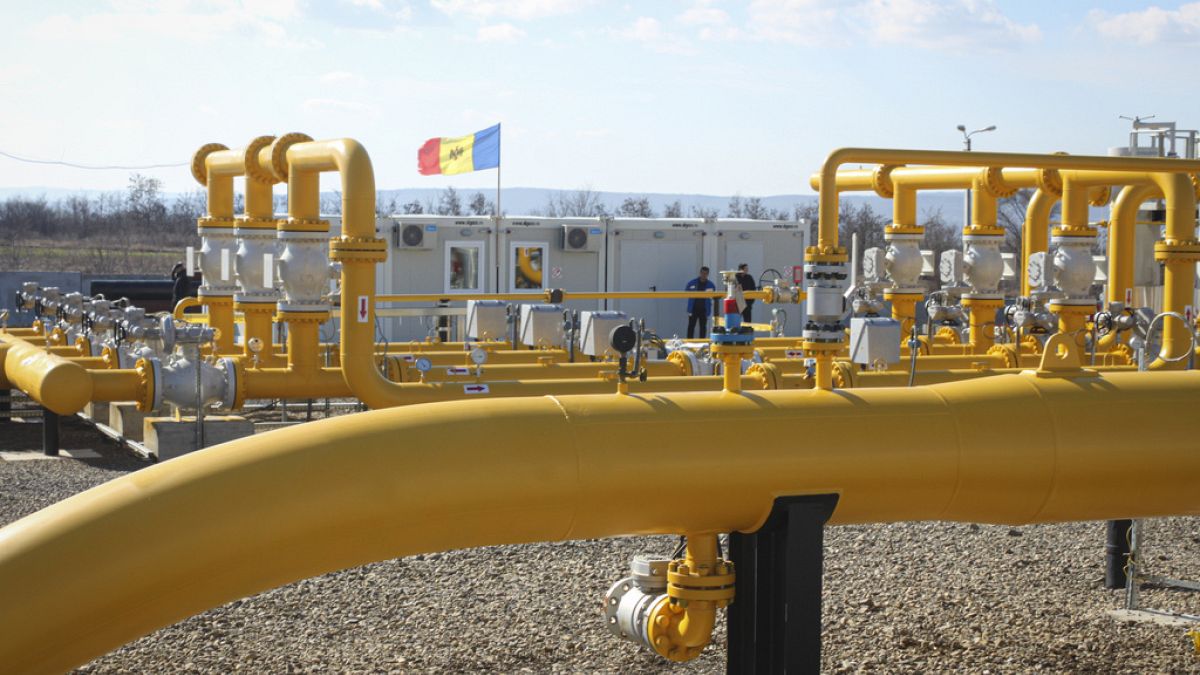
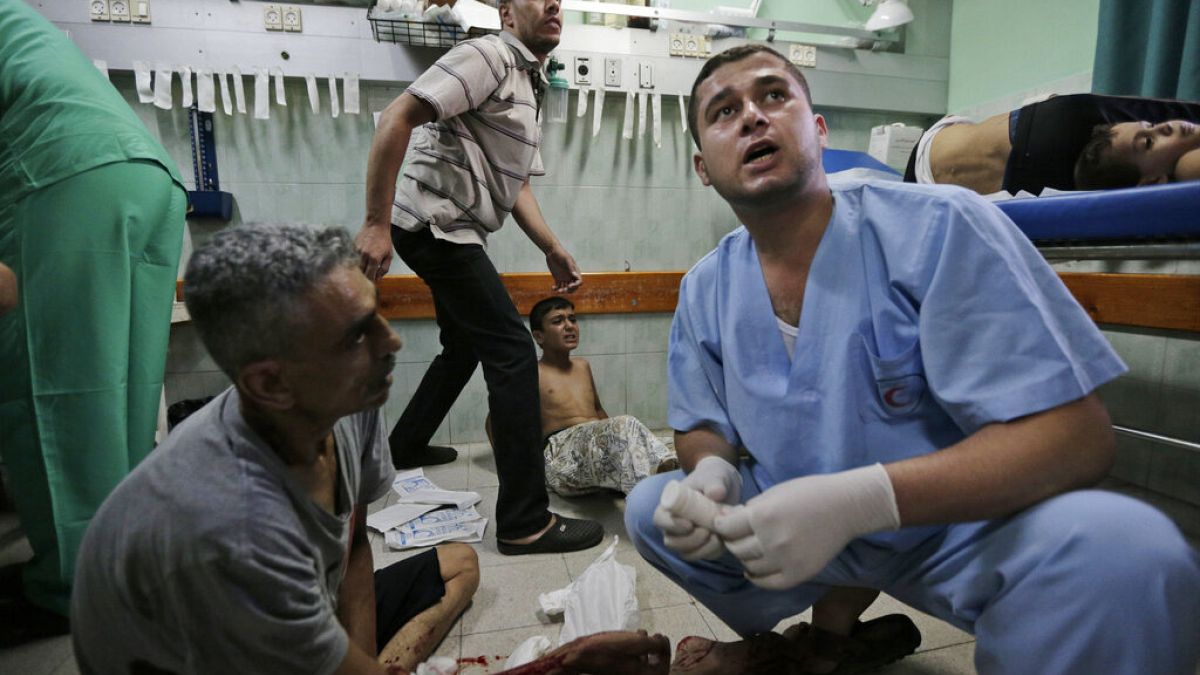
 We deliver critical software at unparalleled value and speed to help your business thrive
We deliver critical software at unparalleled value and speed to help your business thrive






 English (US) ·
English (US) ·